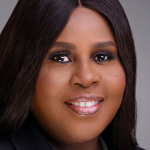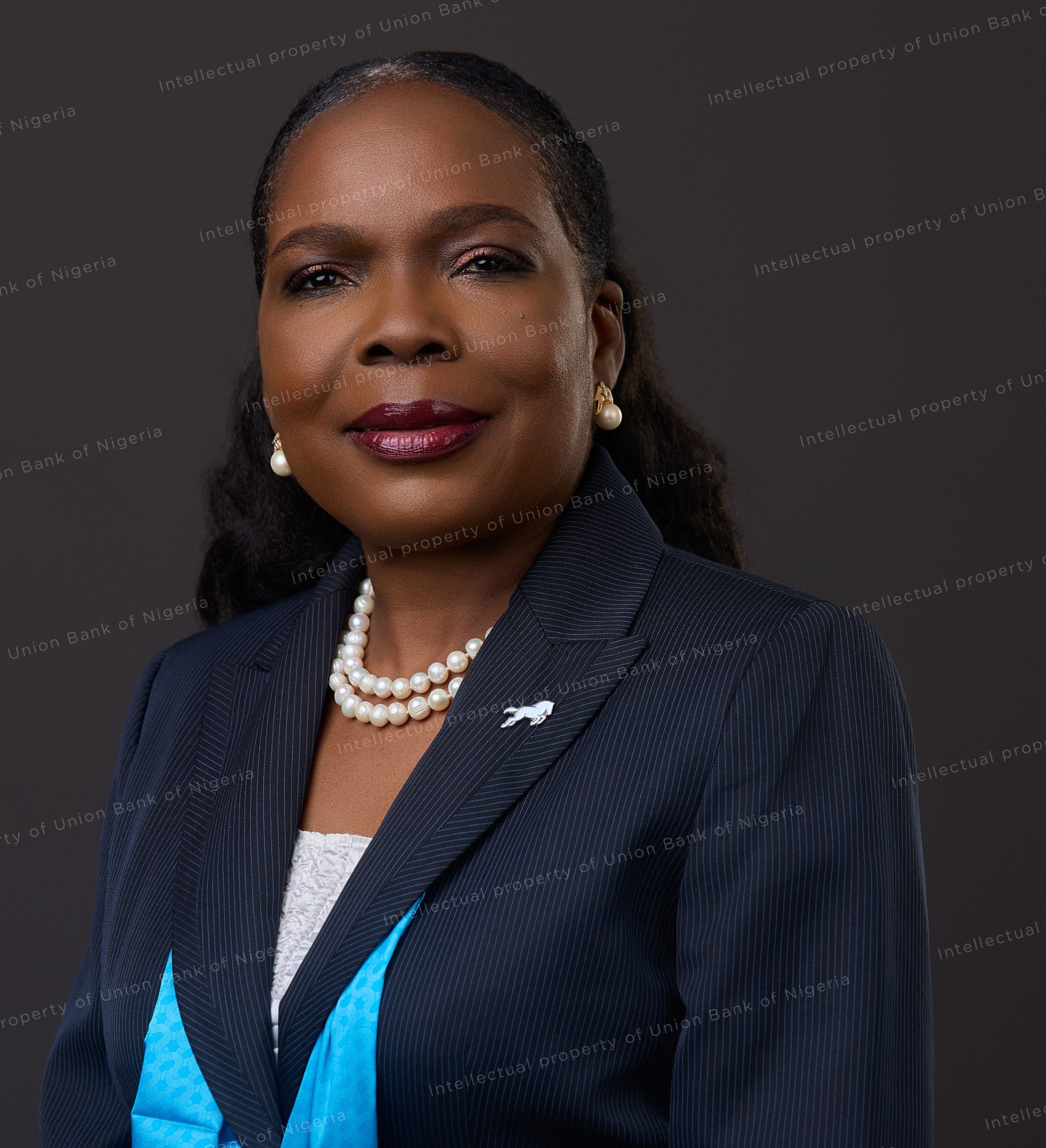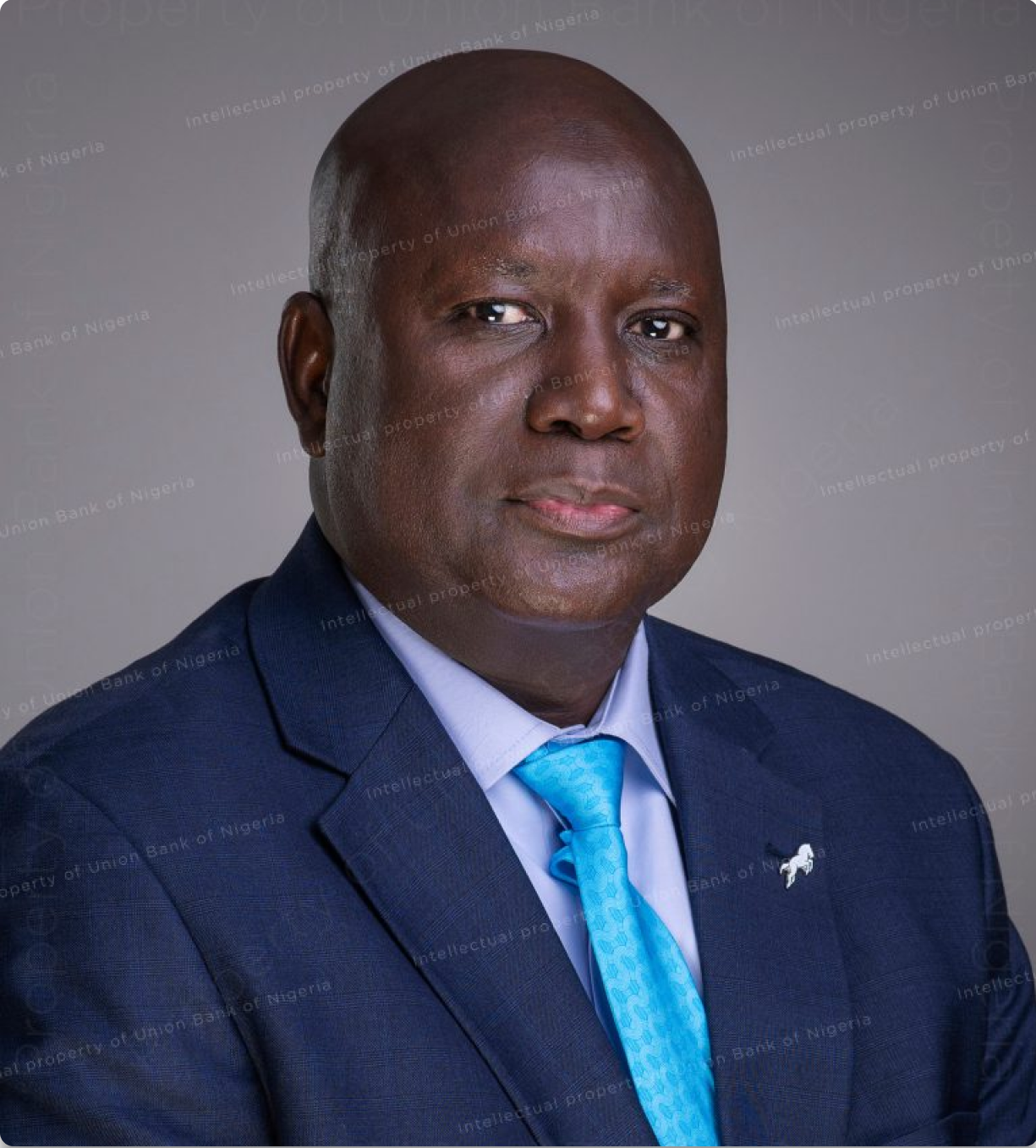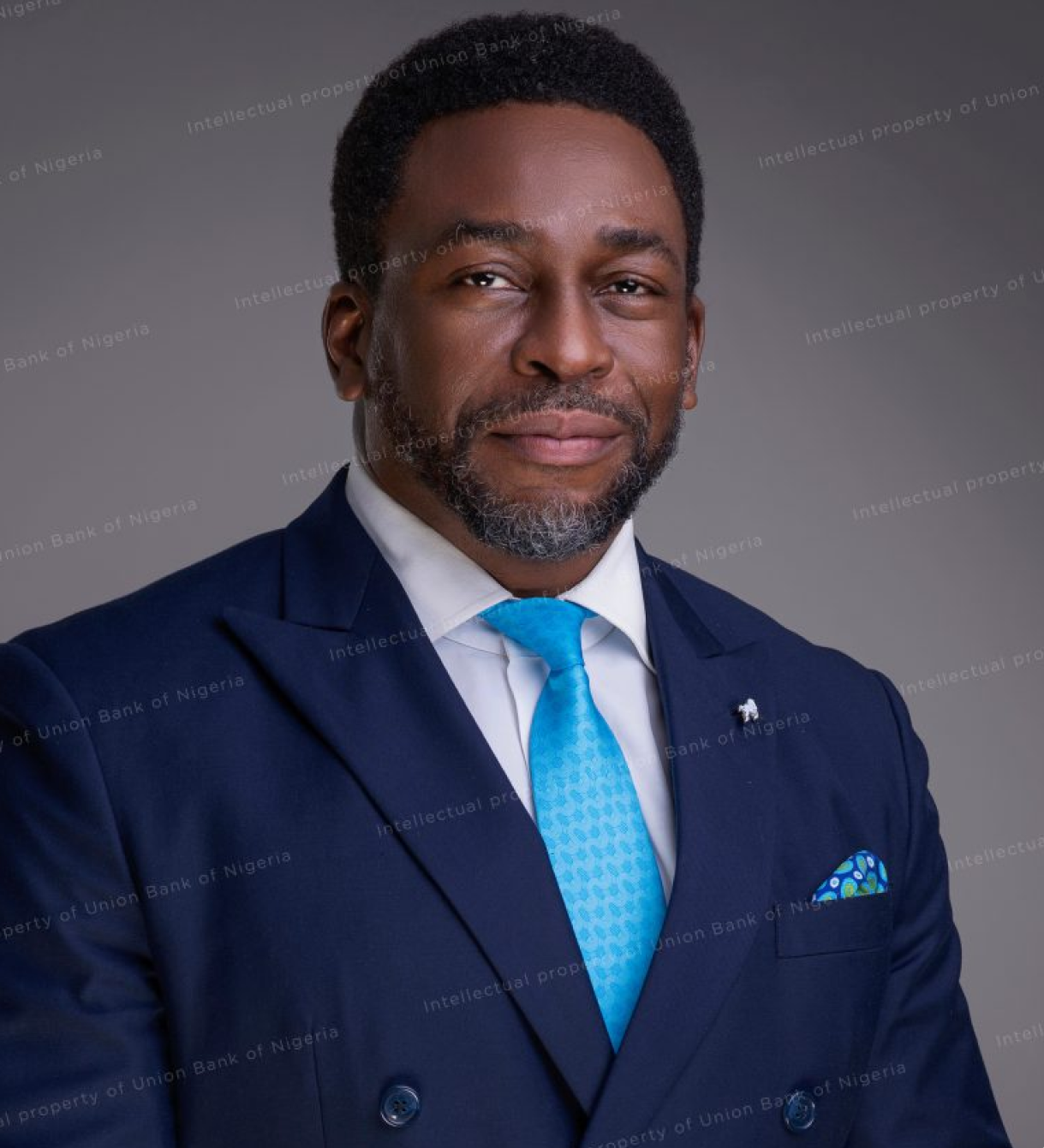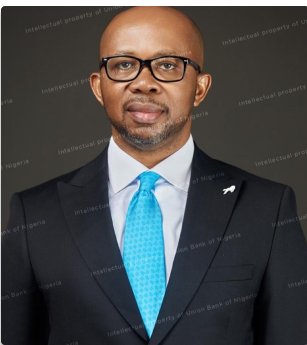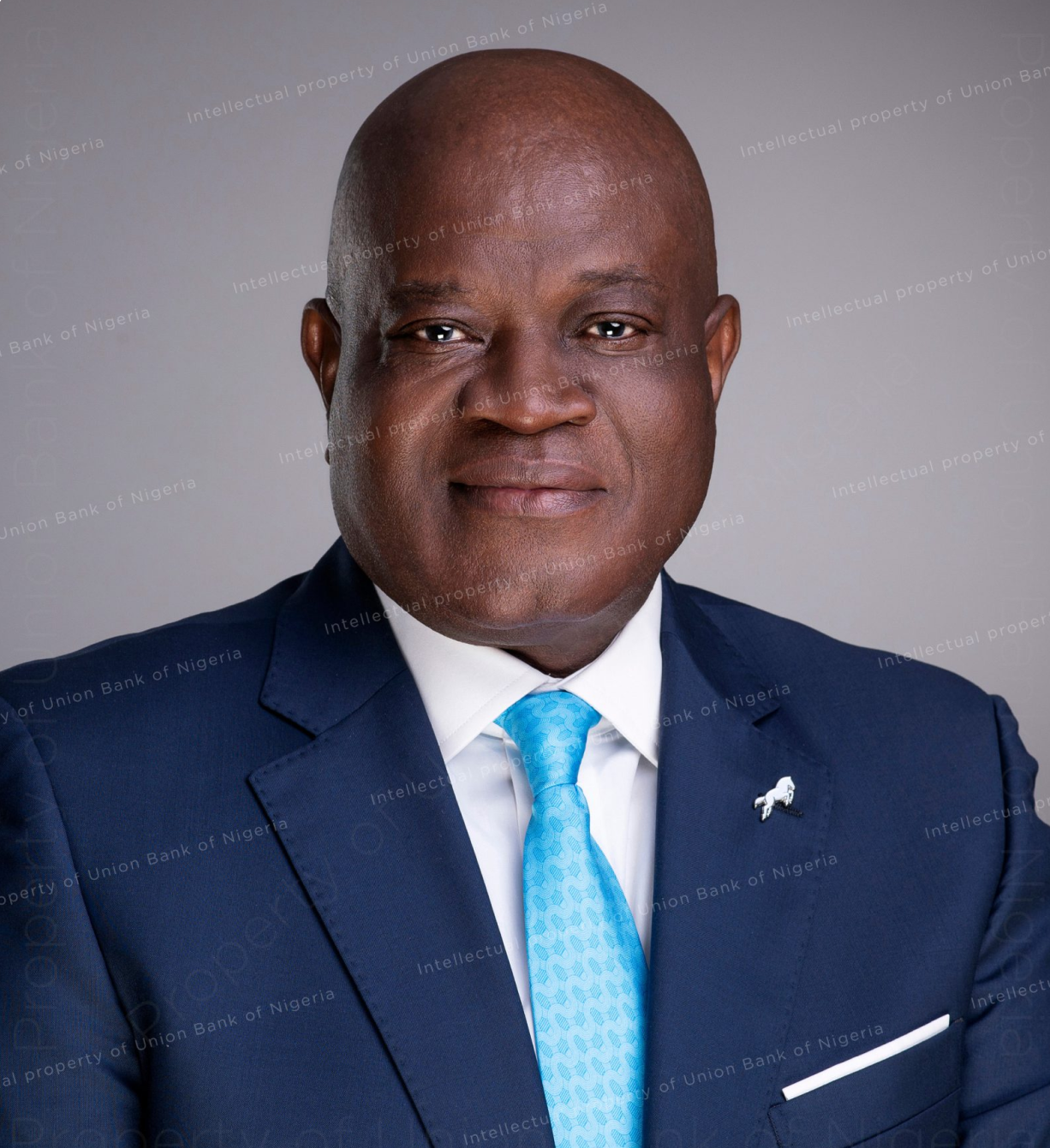We live in an age defined by digital acceleration, data-driven decisions, and the relentless pursuit of efficiency. Yet amid the algorithms and automation, one enduring truth remains:“Corporate banking is, and always has been, a fundamentally human enterprise.”
Balance sheets may be digital, transactions instantaneous, and risk models sophisticated. However, the foundation of every successful and enduring banking relationship lies in trust, empathy, and mutual understanding. These are not sentimental ideals; they are strategic imperatives, especially in a dynamic market like Nigeria, where banking decisions have direct implications for businesses, communities, and national development.
Beyond the Transactional Mindset
For too long, corporate banking has been defined by a transactional mindset focused on lending, trade finance, and cash management as mechanical functions. While these remain essential, they only represent the surface of what a valuable banking relationship should be.
When banks operate purely at a transactional level, relationships become commoditised and fragile. Clients move easily when the conversation revolves only around rates and margins. Today’s business environment demands more. As organisations face uncertainty, competition, and transformation, they need banks that act as strategic partners, helping them anticipate challenges, seize opportunities, and build long-term value.
The Evolving Expectations of Corporate Clients
Client expectations have changed. Corporate leaders now want more than prompt service. They want insight, perspective, and partnership.
Corporate Treasurers, Chief Financial Officers, and Chief Executives increasingly expect their banks to understand their industries, anticipate liquidity pressures, and provide guidance that strengthens business decisions. The modern banker’s role has therefore evolved beyond processing requests to include thoughtful engagement and forward-looking advice.
At the heart of this shift is a simple truth: even in a world of digital banking, clients still seek meaningful human connection.
Empathy as a Professional Discipline
Empathy in corporate banking is not emotional softness. It is a strategic discipline. It is the ability to understand the weight of a chief executive’s decision to expand capacity, the anxiety of a treasurer managing foreign exchange exposure, or the uncertainty faced by a business navigating regulatory changes.
Genuine empathy allows bankers to interpret not only what clients say, but also the unspoken ambitions and pressures behind their words. It is a skill that transforms client interactions into genuine partnerships.
Trust: The Invisible Currency of Banking
Trust remains the most valuable currency in banking. It is what enables a client to share confidential plans or depend on a banker’s judgment during volatile times.
When clients trust their bankers, they stay through economic cycles, return with new mandates, and view the bank as an extension of their leadership team. In a competitive market, trust is the most powerful differentiator.
Transparency: The Foundation of Collaboration
Empathy builds trust, and trust thrives in transparency. Transparency means being open about capabilities, clear on risk appetite, and honest about limitations. It means explaining terms and fees in simple, direct language and providing clarity on every decision.
When communication is transparent, clients become active collaborators. Together, banks and businesses can design solutions that are innovative, responsible, and sustainable.
Corporate Banking as a Catalyst for National Development
This human-centred approach becomes even more significant when viewed through the lens of national development. Nigeria faces an estimated USD Three Trillion infrastructure financing gap over the next three decades. Projects such as power plants, transport systems, industrial parks, and digital infrastructure cannot be supported by transactional thinking alone.
They require long-term partnerships between financiers and project sponsors built on shared vision, empathy, and trust. Banks must engage deeply, understanding each project’s structure, risks, and social impact.
By doing so, banks become partners in progress, not just providers of capital. They help design projects that are commercially sound and socially beneficial, positioning themselves as active participants in the nation’s growth story.
Cultivating the Banker of Tomorrow
To deliver this vision, banks must invest in developing the right talent and culture. The banker of tomorrow must combine technical expertise with emotional intelligence. Relationship managers should evolve from product specialists into trusted advisors.
Institutions must also reward long-term client relationships over short-term gains, embedding empathy and trust at the centre of their business models. This cultural shift requires strong governance, clear communication, and sustained training. The result will be loyal clients, resilient portfolios, and a more profound contribution to economic development.
Conclusion
The future of corporate banking will not be defined by technology alone. Algorithms and platforms will continue to evolve, but they cannot replace human insight, integrity, and connection.
For Nigeria’s financial institutions, the path forward is clear. The most successful banks will be those that combine digital sophistication with human understanding, building relationships that go beyond transactions and help power national transformation.
At its best, corporate banking is not just about financing business. It is about financing progress — for clients, for communities, and for the nation.
About the Author
Mr. Taiwo Shote is the Executive Director in charge of Corporate Bank, Lagos and West, at Union Bank of Nigeria. With almost three decades of experience in finance and leadership, he is passionate about driving business growth, building high-performing teams, and fostering strategic partnerships. His interests include innovation in financial solutions, youth mentorship, and sustainable economic development.



















